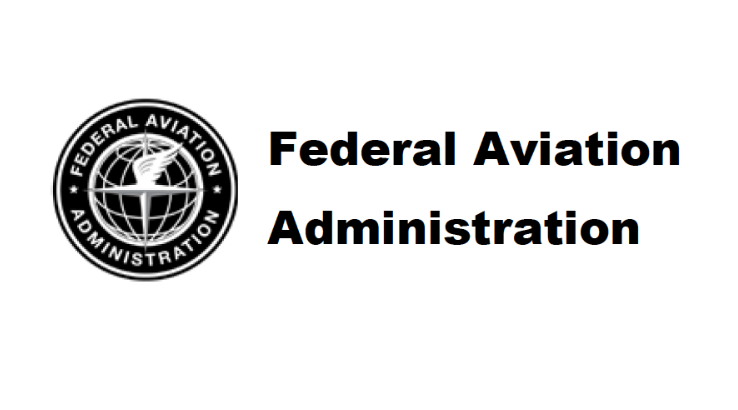Any proposed closing of airport access to passengers or aircraft in its entirety must be approved in advance by the Federal Aviation Administration (FAA). But airports do have latitude when it comes to closing restaurants, retail activities, gates or sections of terminals, according to guidance offered by the FAA.
The FAA issued the guidance after receiving inquiries from airport operators about their authority to implement a range of restrictions, changes in operations, terminal service consolidations and other responses as the COVID-19 pandemic brings air travel to a near halt.
“The FAA’s primary concern is that federally obligated airports remain safe and open to the traveling public and aircraft,” the agency wrote in the three-page document. “Particularly during this public health emergency, airports play an essential role in transporting medical and emergency equipment and personnel. The FAA continues to expect all airports to operate safely and stay open.”
According to the guidance, all federally obligated airports – those that have accepted federal funds to buy land or develop or improve the airport – are not allowed to close or restrict access to the property without FAA approval.
“This includes all airport structures and operational areas,” according to the document. “If a proposed action suspends or closes an international Port of Entry, then the sponsor may also need approval from Customs and Border Protection.”
Airports do have some options according to the guidance, for consolidating activities or changing operating agreements within terminal walls, however, including:
- Closing restaurants or other retail activities in the terminal – The closing of restaurants, retail stores or other non-aeronautical functions in a terminal is not likely to violate FAA grant assurances, particularly if driven by public health measures or reduced clientele, and especially if based upon restrictions applicable to all business entities within the jurisdiction
- Closing gates or sections of terminals – In coordination with airport sponsors, airlines, the Transportation security Administration (TSA) and other entities, closing gates or sections of terminals is likely to be acceptable if the closure is executed in response to reduced passenger volumes and operations, is not discriminatory and does not provide unfair competitive advantage to one operator. For example, TSA has reduced lanes or consolidated passenger screening checkpoint operations in numerous airports in response to reduction of passenger volume
- Deferral of rental payments or other fees – Airports have flexibility to defer the collection or rents and/or fees if the circumstances warrant. The terms and interest rates applied should be reasonable and applied fairly to similarly situated businesses. Deferral of rental payments and or fees, if adequately justified, is not likely to violate FAA’s grant assurances. A primary goal of the statutory sustainability principle is to keep the airport solvent to ensure the airport can remain open and operate safely.
The guidance does not, however, suggest altogether waiving such fees. “In general, there is no authority that would allow an airport to waive landing fees and terminal rents,” the FAA writes. “Any such request should be discussed with the FAA’s Office of Airports.”
To read the entirety of the FAA’s guidance, click here.






